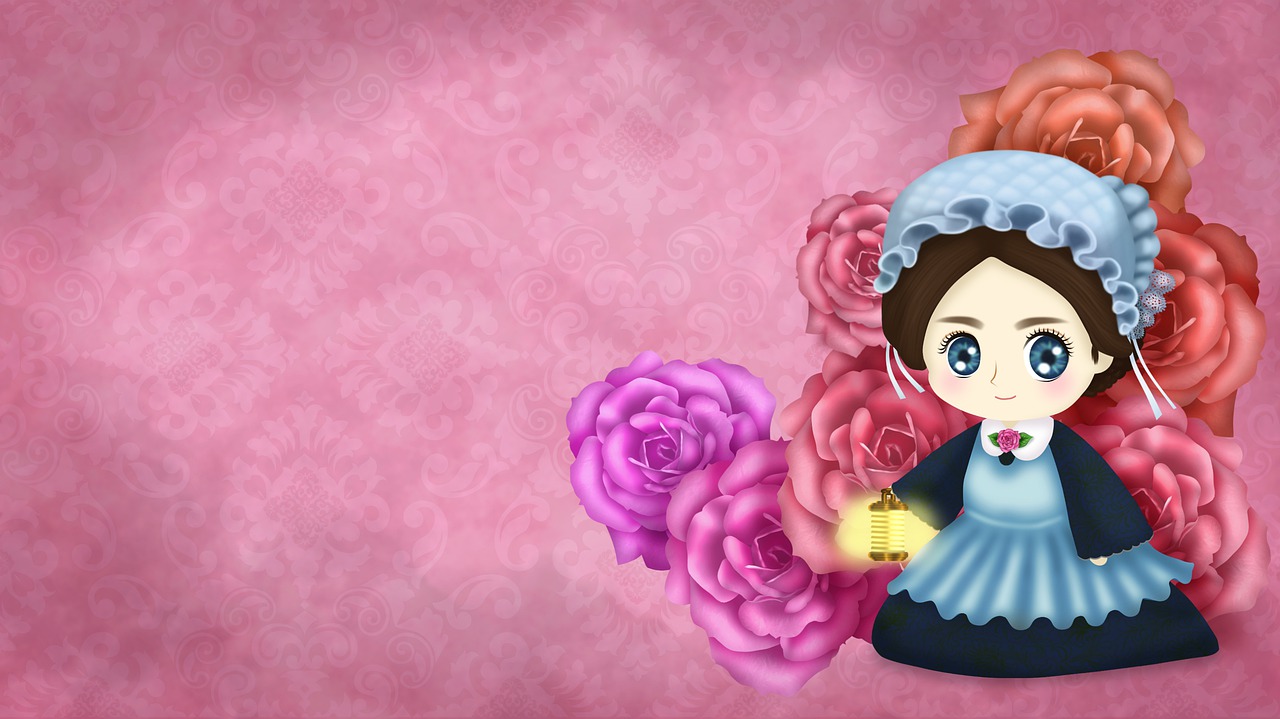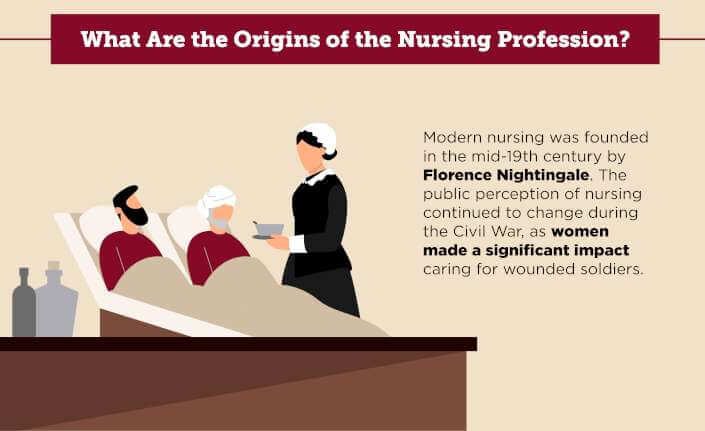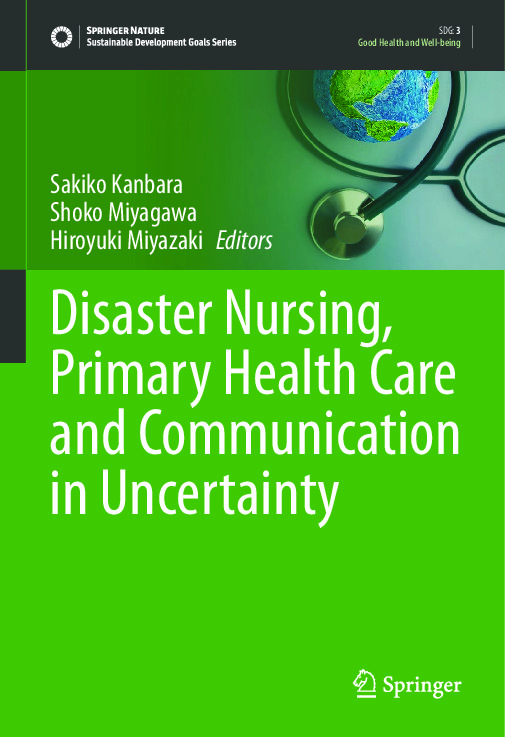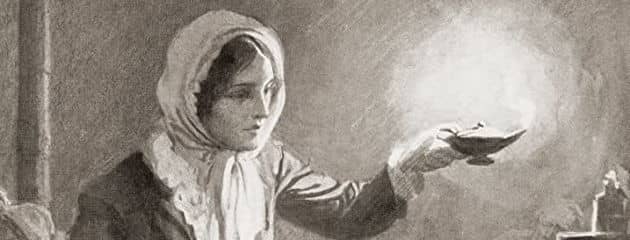Table of Contents
Nursing, a profession synonymous with care and compassion, has undergone a remarkable transformation since its early days. From the pioneering efforts of Florence Nightingale to the highly skilled and specialized practitioners of today, the field of nursing has evolved significantly. This article takes you on a journey through time to explore the evolution of nursing, highlighting key milestones, notable figures, and the vital role nurses play in modern healthcare.
Nursing, often described as a vocation of compassion, has witnessed an extraordinary evolution from its humble beginnings to the highly specialized and indispensable profession it is today. Embarking on a historical journey through the annals of nursing reveals a remarkable transformation that not only mirrors advancements in healthcare but also showcases the unwavering dedication of nurses worldwide.
The early days of nursing were marked by the pioneering efforts of Florence Nightingale, who is rightly hailed as the founder of modern nursing. Her tireless work during the Crimean War laid the foundation for professional nursing as we know it. Nightingale’s emphasis on cleanliness, hygiene, and patient care revolutionized healthcare practices, reducing mortality rates significantly.
As time progressed, nursing education became more structured, with the establishment of nursing schools and standardized curricula. Nurses began to take on roles beyond patient care, participating in research, teaching, and administration within healthcare institutions.
The 20th century saw the emergence of specialized nursing roles, such as nurse anesthetists, nurse practitioners, and nurse midwives, each contributing uniquely to patient care. The role of nurses in advocacy and healthcare policy also expanded, with their voices being crucial in shaping healthcare reforms and patient rights.
In recent years, technological advancements have further transformed nursing practice. Electronic health records, telemedicine, and advanced medical equipment have become integral to nursing care. Nurses have embraced these innovations, becoming adept at leveraging technology to enhance patient outcomes and improve communication among healthcare teams.
Today, nurses play a multifaceted role in healthcare. They provide essential care at the bedside, coordinate complex patient care plans, and advocate for patient needs. They are leaders, educators, researchers, and caregivers, all in one. The COVID-19 pandemic, in particular, has spotlighted the dedication and resilience of nurses on the front lines, as they have tirelessly cared for patients and adapted to rapidly changing circumstances.
In conclusion, the evolution of nursing is a testament to human progress, compassion, and the unwavering commitment to the well-being of individuals and communities. Nurses have not only adapted to the changing landscape of healthcare but have also been instrumental in driving these changes. Their journey through time reflects not only their professional growth but also their enduring impact on the lives they touch. In today’s complex healthcare ecosystem, nurses remain the heart and soul of patient care, embodying the spirit of Florence Nightingale’s legacy.
For a comprehensive look at this subject, we invite you to read more on this dedicated page: American Nursing: An Introduction to the Past • Nursing, History, and …
Florence Nightingale and the Birth of Modern Nursing
The roots of modern nursing can be traced back to the mid-19th century, with the pioneering work of Florence Nightingale. During the Crimean War, Nightingale’s dedication and innovative approach to patient care laid the foundation for modern nursing practice. She emphasized the importance of cleanliness, hygiene, and data-driven healthcare decisions. Nightingale’s legacy endures as the “Lady with the Lamp” who symbolizes the compassion and selflessness that define nursing.
nullFor additional details, consider exploring the related content available here Florence Nightingale: Visionary for the Role of Clinical Nurse …

Nursing in the 20th Century: The Rise of Professionalism
As the 20th century dawned, nursing saw significant advancements. Nurses began to receive formal education and training in dedicated nursing schools and programs. This shift towards professionalism elevated the status of nursing as a respected and vital healthcare profession. Nursing associations and organizations were established to advocate for the rights and recognition of nurses, further solidifying their role in healthcare.
The turn of the 20th century marked a profound turning point for nursing, ushering in a new era of professionalism and recognition. With the establishment of dedicated nursing schools and formal training programs, nurses gained access to comprehensive education that equipped them with the knowledge and skills required for their demanding roles. This educational transformation not only improved the quality of patient care but also elevated the status of nursing from an often underappreciated service to a respected healthcare profession.
Nursing schools and programs standardized the curriculum, ensuring that nurses received consistent training in areas such as anatomy, physiology, and patient care techniques. This uniformity in education contributed to better patient outcomes and enhanced the overall reputation of nursing as a vital component of healthcare.
Simultaneously, nursing associations and organizations emerged as powerful advocates for nurses’ rights and recognition. These bodies worked tirelessly to promote fair wages, reasonable working conditions, and professional respect for nurses. Their efforts not only improved the lives of nurses but also fortified the perception of nursing as an indispensable field in the healthcare landscape.
This era of transformation in nursing not only benefited the profession itself but had a lasting positive impact on patient care and the healthcare system as a whole. The dedication to education, professionalism, and advocacy laid the foundation for the modern nursing profession we know today, one that continues to evolve and thrive while upholding its core values of compassion, skill, and commitment to patient well-being.
If you’d like to dive deeper into this subject, there’s more to discover on this page: 1: The Relevance of Nursing History and Why It Matters Today

The Role of Nurses in World Wars
World War I and II marked pivotal moments in nursing history. Nurses played a crucial role in providing care to wounded soldiers on the front lines. Their dedication under challenging conditions showcased their unwavering commitment to patient well-being. The experiences of wartime nursing helped shape modern nursing practices and trauma care.
World War I and II: Pioneering Moments in Nursing
The world was thrust into unprecedented turmoil during the two World Wars of the 20th century, and within the chaos of the battlefields, nurses emerged as unsung heroes whose contributions forever altered the course of nursing history. These global conflicts served as crucibles that tested the mettle of nurses, unveiling their unparalleled dedication and resilience in the face of unimaginable challenges.
Frontline Nursing: A Grueling Yet Essential Role
Nurses, predominantly women, stepped onto the battlefields to provide care to wounded soldiers amidst the deafening roar of artillery and the relentless flow of casualties. Their roles extended far beyond traditional healthcare; they became sources of comfort and solace in the midst of the horrors of war. The frontlines were often fraught with danger, as nurses worked tirelessly to stabilize patients, administer treatments, and perform life-saving procedures in makeshift medical facilities.
Their unwavering commitment to patient well-being shone brightly in these grim circumstances. In the midst of chaos, they offered a reassuring presence and a soothing touch, assuaging the fears and pain of soldiers. This compassion and dedication became a symbol of hope amidst the despair of war.
The Crucible of Innovation: Shaping Modern Nursing Practices
The experiences of wartime nursing necessitated innovation. Nurses had to adapt quickly to the dynamic needs of the battlefield, leading to the development of new techniques and protocols. For instance, triage systems were refined to prioritize care for those with the most critical injuries, a practice that has since become a cornerstone of emergency medicine.
Wartime nursing experiences also laid the foundation for the field of trauma care. The lessons learned from managing battlefield injuries profoundly impacted the development of trauma surgery and the establishment of specialized trauma units in civilian healthcare settings. Techniques for hemorrhage control, infection prevention, and the management of extensive wounds were honed during wartime and continue to save lives today.
Nurses as Agents of Change
The role of nurses during World Wars I and II extended beyond patient care; they were advocates for improved healthcare and veterans’ rights. Their experiences underscored the need for better working conditions, increased recognition, and access to education for nurses. These advocacy efforts eventually led to the professionalization of nursing and the elevation of nursing as a respected and indispensable healthcare profession.
In conclusion, the crucible of World War I and II forged a path that has shaped modern nursing practices and the field of trauma care. The courage and unwavering commitment of nurses in the face of unimaginable challenges serve as a testament to their resilience and dedication. Their experiences on the frontlines continue to inspire nurses worldwide, reminding them of the transformative power of compassion, innovation, and advocacy in the noble profession of nursing.
Don’t stop here; you can continue your exploration by following this link for more details: The Evolution of Nursing Research – PMC

Specialization and Advanced Practice
The latter half of the 20th century witnessed a surge in nursing specialization. Nurses began to branch out into various fields, such as pediatrics, critical care, oncology, and mental health. This diversification allowed nurses to tailor their expertise to specific patient populations and healthcare needs. Advanced practice nurses, including nurse practitioners, nurse anesthetists, and nurse midwives, emerged as highly skilled healthcare providers with the ability to diagnose, treat, and manage patients independently.
The latter half of the 20th century witnessed a surge in nursing specialization, marking a pivotal moment in the evolution of healthcare. Nurses, traditionally seen as generalists, began to branch out into various specialized fields, such as pediatrics, critical care, oncology, and mental health. This diversification not only enriched the nursing profession but also revolutionized patient care.
In this era of specialization, nurses could tailor their expertise to the unique needs and challenges of specific patient populations. Pediatric nurses became adept at caring for children, critical care nurses mastered the intricacies of life-saving interventions, oncology nurses provided specialized care to cancer patients, and mental health nurses offered invaluable support to those with psychiatric conditions. This specialization allowed for a deeper understanding of the complexities within each field, ultimately leading to improved patient outcomes.
Moreover, the emergence of advanced practice nurses was a significant milestone. Nurse practitioners, nurse anesthetists, and nurse midwives, among others, demonstrated their advanced clinical skills and knowledge. These professionals not only provided high-quality care but also gained the ability to diagnose, treat, and manage patients independently, further expanding access to healthcare services, particularly in underserved areas.
As nursing specialization continues to evolve in the 21st century, it is clear that this trend has not only enhanced the profession but has also greatly benefited patients by ensuring that they receive care from highly skilled and knowledgeable nurses who are experts in their respective fields. The legacy of nursing specialization is one of improved patient care, increased access to healthcare, and a more comprehensive and patient-centered approach to medicine.
Explore this link for a more extensive examination of the topic: American Nursing: An Introduction to the Past • Nursing, History, and …

The Modern Nurse: A Multifaceted Care Provider
In the 21st century, nursing has become increasingly complex and multifaceted. Modern nurses are not only caregivers but also educators, advocates, researchers, and leaders in healthcare. They are at the forefront of patient-centered care, employing evidence-based practices to ensure the best possible outcomes for their patients.
Nursing today is also characterized by the integration of technology and informatics. Nurses utilize electronic health records, telehealth, and various medical devices to provide efficient and comprehensive care. They are essential members of interdisciplinary healthcare teams, collaborating with physicians, therapists, and other professionals to address the diverse needs of patients.
For additional details, consider exploring the related content available here Evolving Public Health Nursing Roles: Focus on Community …

The evolution of nursing from Florence Nightingale’s era to modern practitioners is a testament to the profession’s adaptability, resilience, and commitment to patient care. Nurses continue to be the heart and soul of healthcare, providing compassionate, evidence-based, and patient-centered care to individuals and communities worldwide. As nursing continues to evolve, it will undoubtedly play a central role in shaping the future of healthcare, ensuring that the legacy of compassion and excellence initiated by Florence Nightingale lives on in every nurse’s dedication to the well-being of their patients.
The evolution of nursing from Florence Nightingale’s era to modern practitioners is a compelling journey that highlights the profession’s remarkable adaptability, unwavering resilience, and deep commitment to the well-being of those in their care. Nurses, often referred to as the backbone of healthcare, embody the values of compassion, evidence-based practice, and patient-centered care, which are woven into the very fabric of their profession.
Through the years, nursing has not only adapted to advancements in medical technology and scientific knowledge but has also expanded its scope to address the diverse and evolving needs of patients and communities. Today’s nurses are not just caregivers but also educators, advocates, researchers, and leaders who actively contribute to shaping the healthcare landscape.
In the face of ever-changing healthcare challenges, nurses remain at the forefront, delivering care that goes beyond the clinical aspect. They provide comfort, support, and a reassuring presence to patients during their most vulnerable moments. Their holistic approach to patient care considers not only physical health but also emotional, social, and psychological well-being.
As nursing continues to evolve, it will undoubtedly play an even more central role in shaping the future of healthcare. Nurses will continue to champion innovations, drive improvements in healthcare delivery, and advocate for health equity. Their commitment to the values instilled by Florence Nightingale ensures that the legacy of compassion and excellence endures, serving as an enduring source of inspiration for every nurse dedicated to enhancing the quality of life for individuals and communities around the world. In this way, nursing remains a beacon of hope, healing, and humanity in the ever-changing landscape of healthcare.
Don’t stop here; you can continue your exploration by following this link for more details: Florence Nightingale – Biography, Facts & Nursing | HISTORY
More links
To delve further into this matter, we encourage you to check out the additional resources provided here: American Nursing: An Introduction to the Past • Nursing, History, and …
